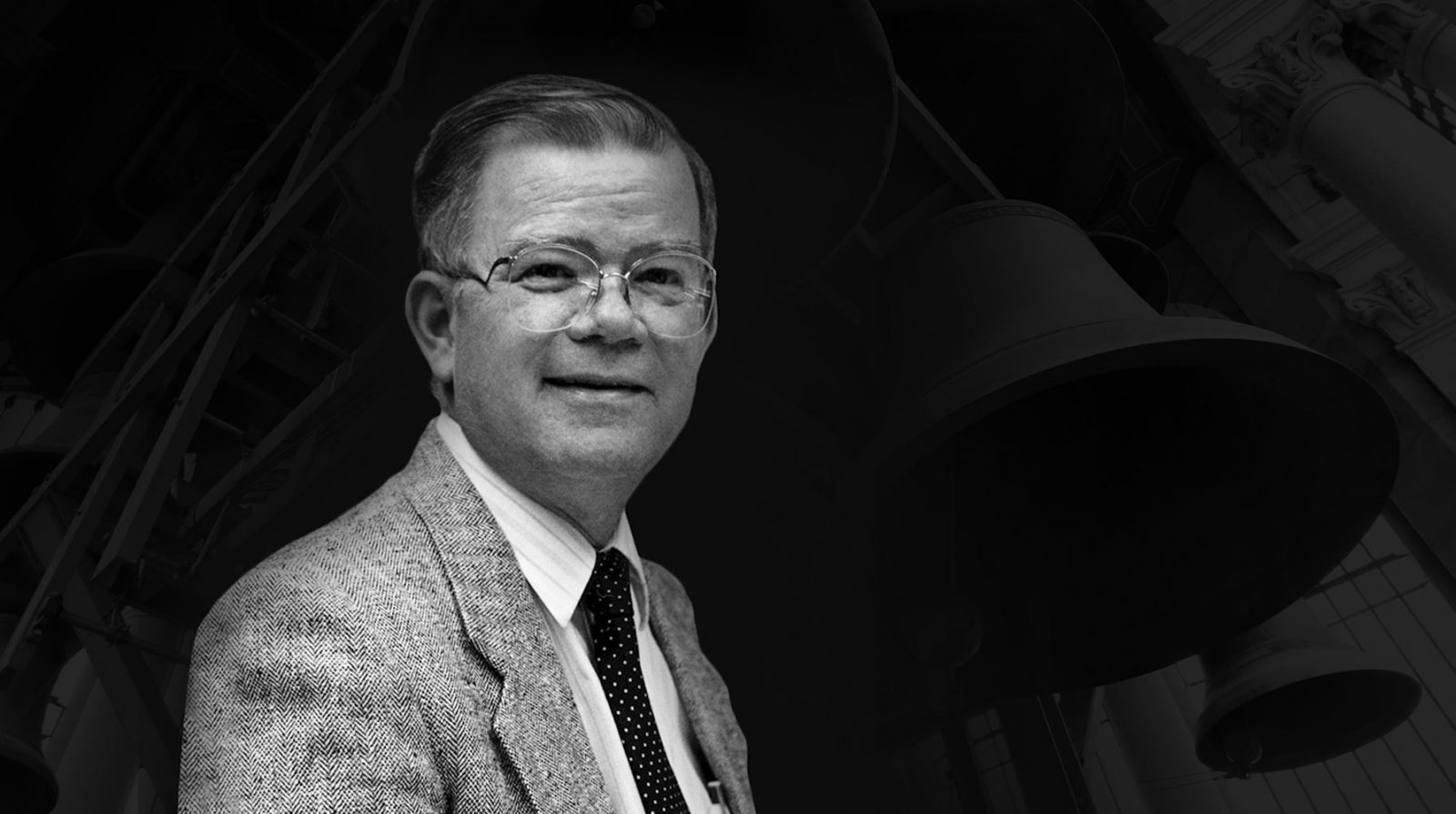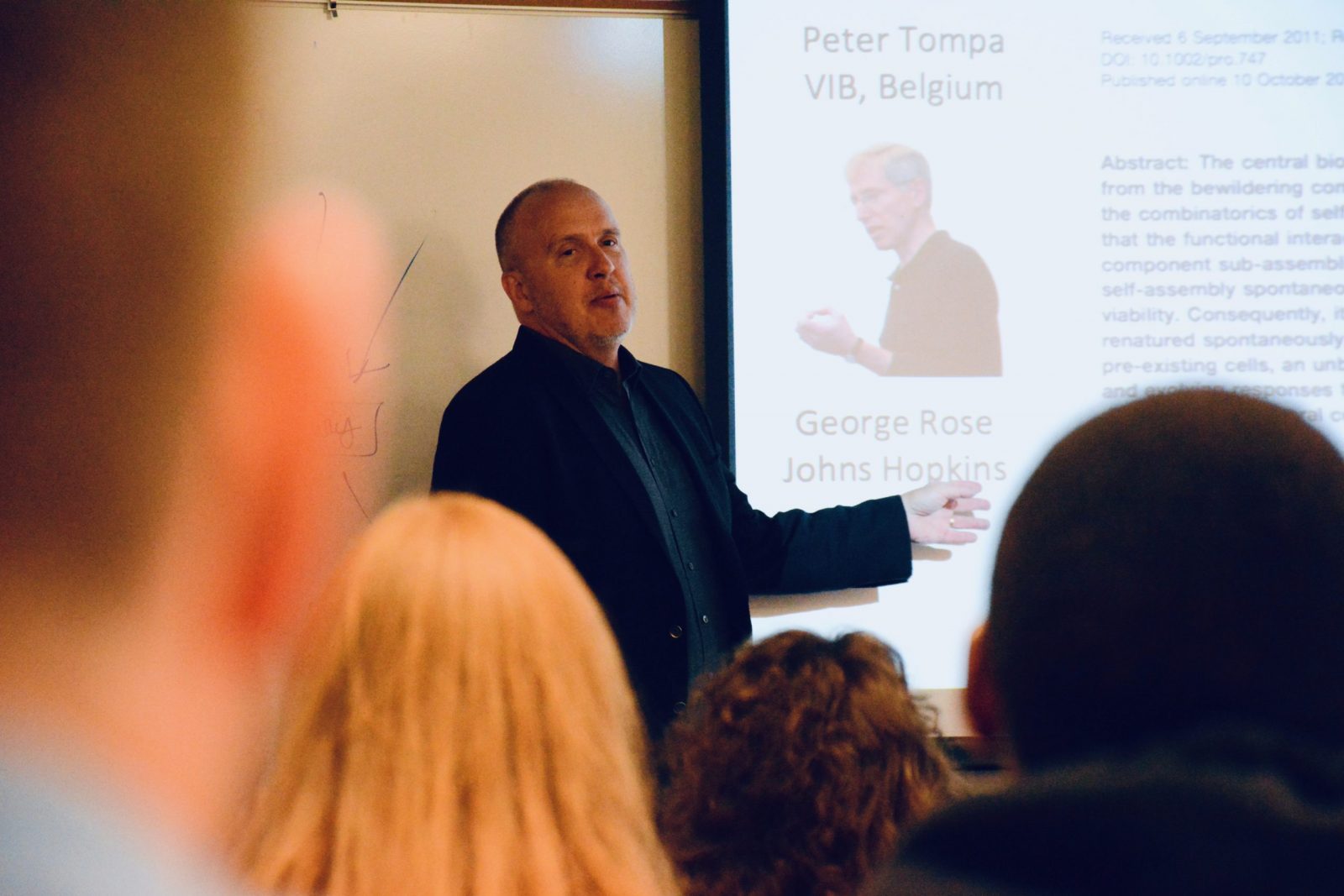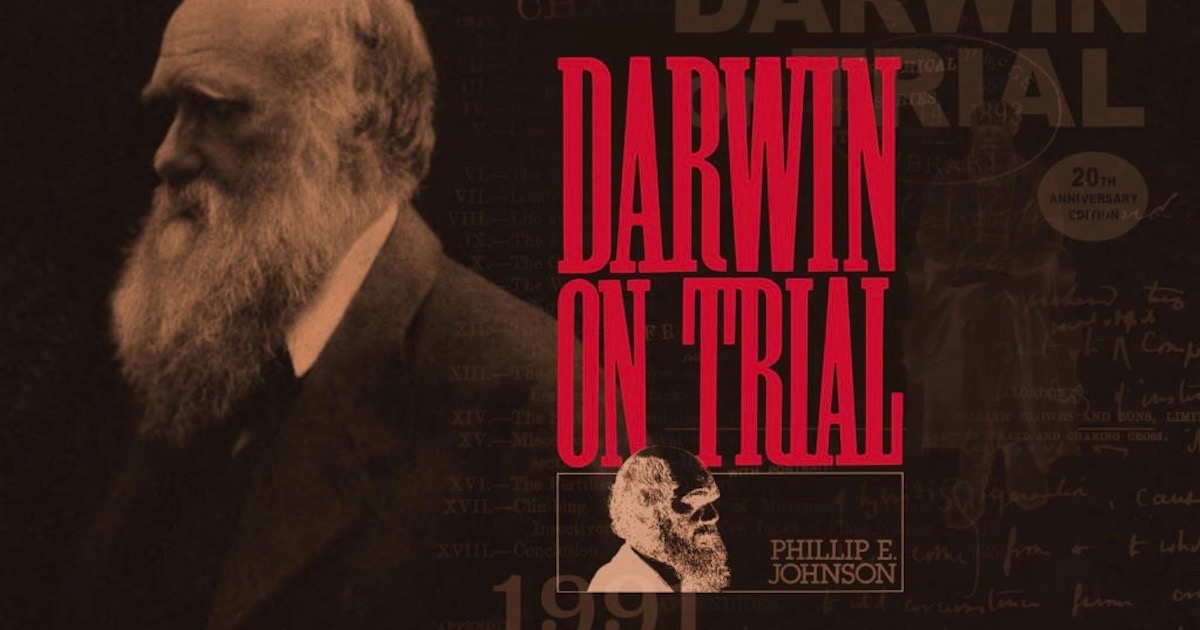
Charles Darwin vs. Richard Owen on Race
On this episode of ID the Future, Mike Keas interviews science historian and bioethicist Michael Flannery about his recent article on Charles Darwin and archrival Richard Owen. Owen was an evolutionist, too, but of a different stripe. Unlike Darwin, he believed that evolution was guided by teleology or purpose, and he saw humans as different from animals not only in degree but in kind. This led him to reject Darwin’s conclusion of a “hierarchy of races,” as well as Darwin’s expectation that the supposedly “less fit” races of humankind ultimately would be exterminated by the so-called “superior” white race. Most Darwinists today aren’t racist, but Darwinism did grease the skids into a dubious scientific racism that became widespread, encouraging racist Read More ›







